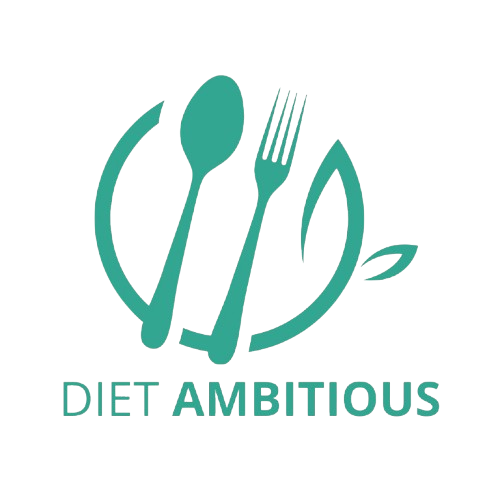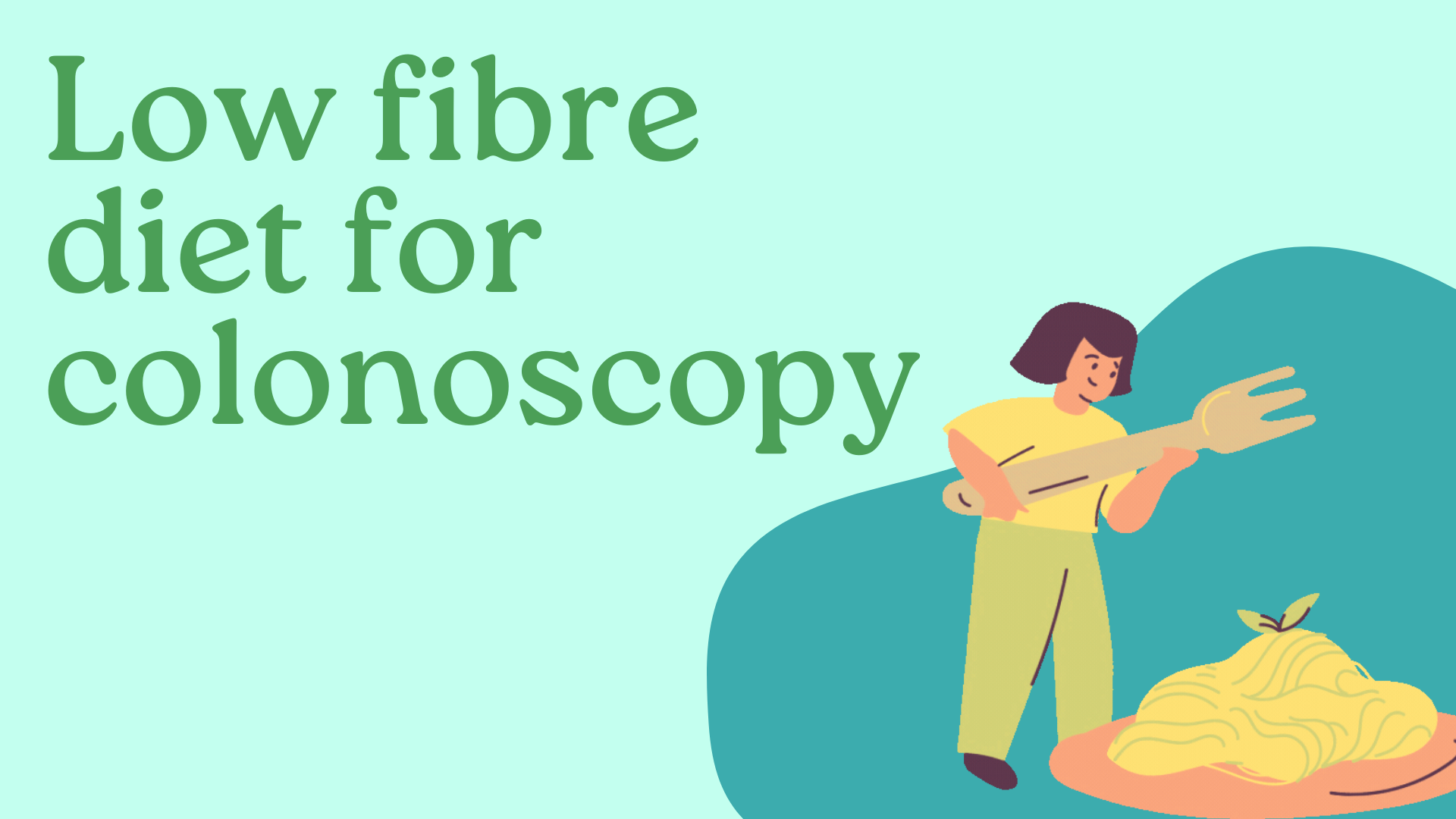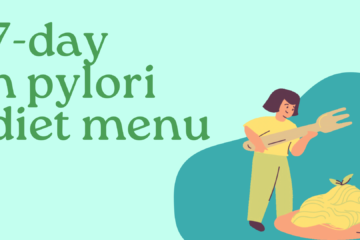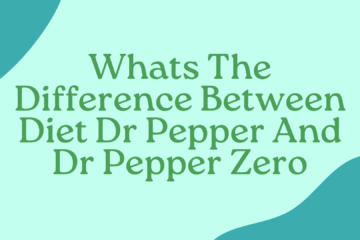If you’ve been scheduled for a colonoscopy, one of the key preparations is adhering to a low-fiber diet.
A low-fiber diet helps to reduce the amount of residue in your digestive system, making it easier for the doctor to examine your colon during the procedure.
This guide will explain why a low-fiber diet is essential, what foods to eat and avoid, and helpful tips to ensure a smooth prep process.
Why a Low-Fiber Diet is Important for Colonoscopy
The goal of a low-fiber diet before a colonoscopy is to limit the intake of fiber-rich foods, which can leave a residue in your colon.
By cutting down on fiber, you allow your digestive system to clear out as much material as possible, making the colonoscopy procedure more effective.
What is a Low Fiber Diet?
A low-fiber diet for colonoscopy preparation is typically recommended for 1-3 days before the procedure. The diet focuses on foods that are easy to digest and low in fiber, allowing for easier digestion and clearer bowels.
Key Characteristics of a Low-Fiber Diet:
- Limit High-Fiber Foods: Foods that are high in fiber, like fruits, vegetables, whole grains, and legumes, are restricted.
- Emphasize Low-Fiber Foods: Focus on foods that are easier to digest and have a lower fiber content, such as white bread, white rice, and certain lean proteins.
- Avoid Foods that Can Cause Gas: Certain foods, like beans, broccoli, and cabbage, can cause bloating or gas, which may interfere with the procedure.
What You Can Eat on a Low-Fiber Diet for Colonoscopy
Here’s a list of foods you can safely enjoy on a low-fiber diet before your colonoscopy:
1. Refined Grains
- White bread and rolls (avoid whole wheat or whole grain)
- White rice or pasta (avoid brown rice or whole wheat pasta)
- Plain bagels and crackers
- Low-fiber cereals (such as Cornflakes or Rice Krispies)
2. Lean Proteins
- Chicken (skinless)
- Turkey (skinless)
- Fish (avoid fatty fish like salmon)
- Eggs
- Tofu (plain, without added vegetables)
3. Dairy (if tolerated)
- Milk (regular, skim, or low-fat)
- Cheese (preferably hard cheeses like cheddar, mozzarella, and Swiss)
- Plain yogurt (without added fruits or seeds)
- Butter and margarine (in moderation)
4. Vegetables (in limited quantities)
While most vegetables are high in fiber, you can consume some well-cooked, peeled vegetables that are easier to digest:
- Potatoes (peeled and without skin)
- Carrots (peeled and well-cooked)
- Zucchini (peeled and well-cooked)
5. Fruits (in limited quantities)
Like vegetables, most fruits are high in fiber, but some are easier on the digestive system:
- Bananas
- Cantaloupe
- Honeydew melon
- Applesauce (without seeds or skins)
6. Clear Liquids and Broth
- Clear broths (chicken, beef, or vegetable)
- Water
- Clear fruit juices (apple juice, white grape juice, or lemonade)
- Tea (without milk)
- Clear sports drinks (avoid dark-colored drinks like red or purple Gatorade)
Foods to Avoid on a Low-Fiber Diet for Colonoscopy
To ensure your colon is fully prepared for the procedure, avoid these high-fiber and problematic foods:
1. High-Fiber Grains and Legumes
- Whole wheat bread, pasta, and cereals
- Brown rice or whole grain rice
- Oats (including oatmeal)
- Beans, lentils, and peas
- Popcorn
2. Fruits and Vegetables with Skins, Seeds, or Pulp
- Apples, pears, and other fruits with skins or seeds
- Berries (including strawberries, raspberries, and blackberries)
- Raw vegetables (especially high-fiber ones like broccoli, cauliflower, and cabbage)
- Leafy greens (such as spinach, kale, and lettuce)
- Tomatoes with seeds and skins
- Corn
3. Nuts, Seeds, and Tough Meats
- Nuts and seeds
- Tough cuts of meat or those with connective tissue
- Fried foods
4. Dairy (if not tolerated)
If you have difficulty digesting dairy, it’s best to avoid milk and cheese, as they can cause digestive discomfort, especially when following a restricted diet.
Conclusion
A low-fiber diet for colonoscopy preparation is a crucial step in ensuring your colon is fully cleaned out and ready for examination. By carefully following your doctor’s dietary instructions and focusing on easy-to-digest foods, you’ll help ensure that the procedure is effective and successful.
Remember to stick to the foods your doctor approves, avoid high-fiber and problematic foods, and stay hydrated throughout the process. This will make your colonoscopy prep more manageable and lead to a smoother procedure.





